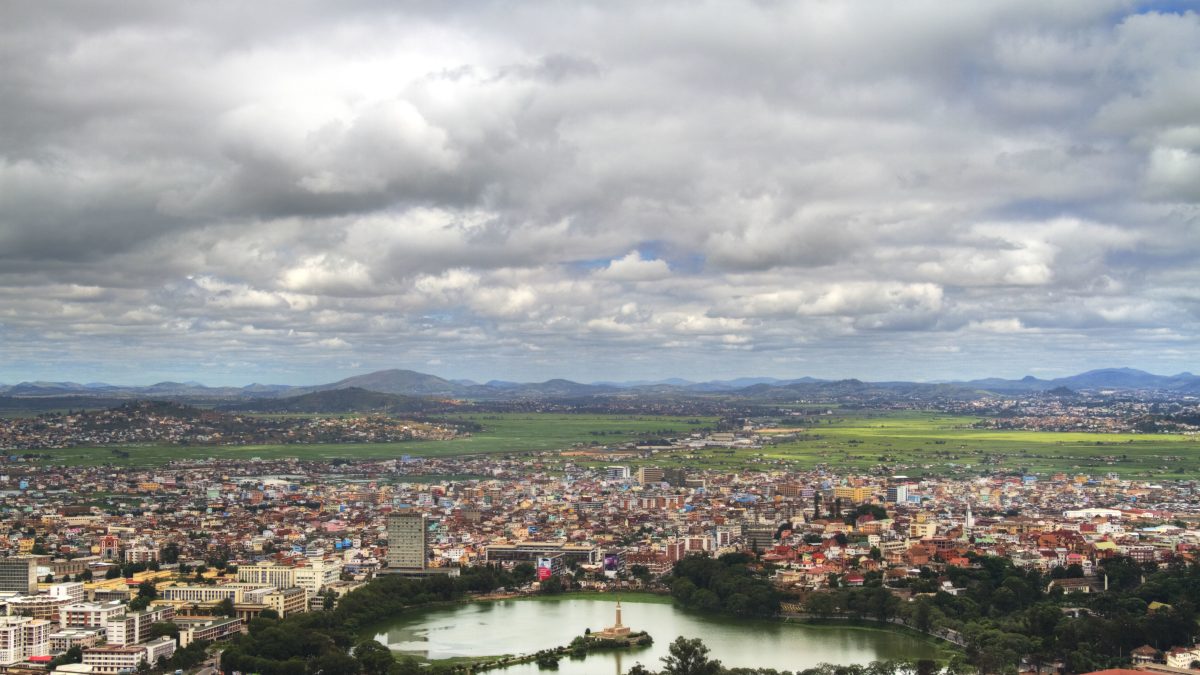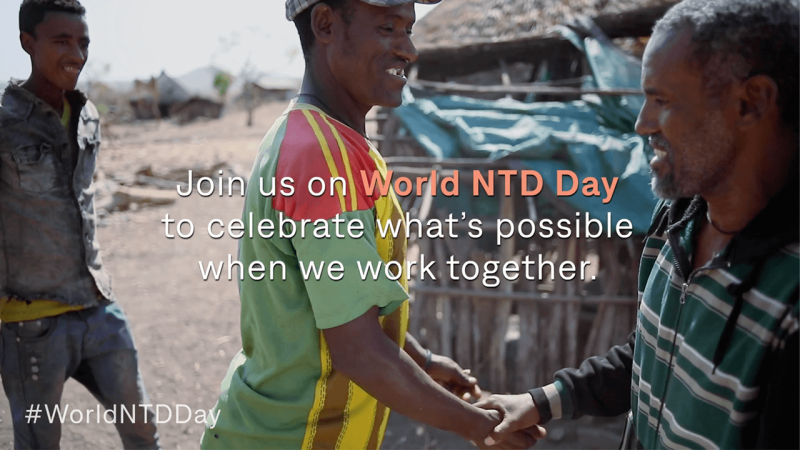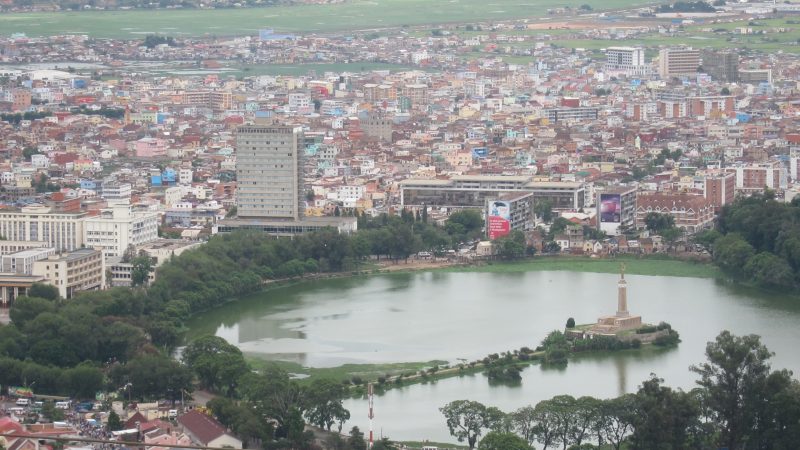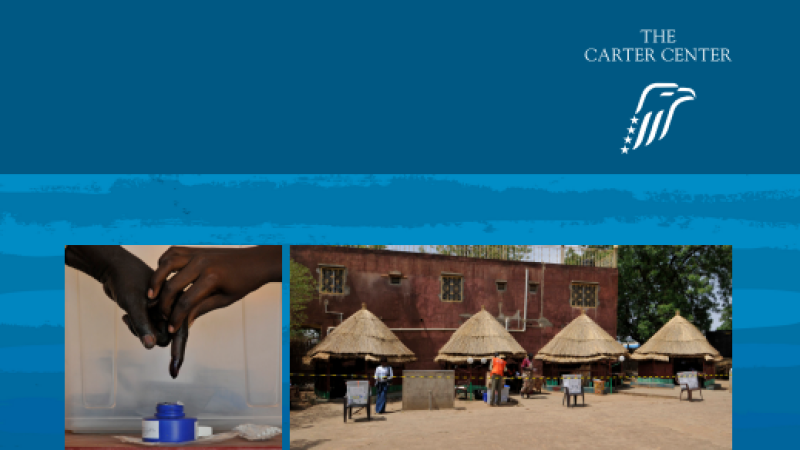Madagascar

The Carter Center observed Madagascar’s 2013 elections, which marked a turning point in Malagasy history, proved an important step toward democracy, and laid the foundation for renewed growth and development. Now, the Center’s focus in Madagascar is working with its health ministry to eliminate lymphatic filariasis.
Short-term Goals
We are working to eliminate lymphatic filariasis.
Impact
- Helped distribute treatments against lymphatic filariasis to more than 1.35 million people in May 2025
- Monitored Madagascar’s 2013 elections, a turning point in its history
At a Glance

Global Impact Starts with You
Your support sustains the Carter Center's mission of waging peace, fighting disease, and building hope around the world.



